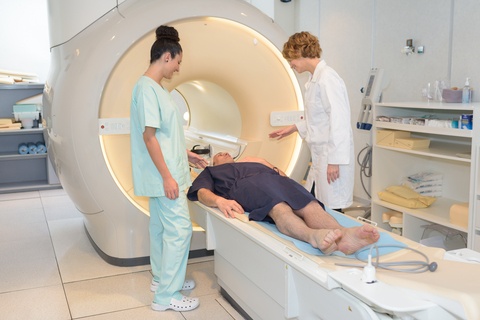Precision Mesothelioma Treatment with Planning Models
The combination of two special planning models is a big step forward in mesothelioma treatment. Results show these models make sure that important organs are protected during cancer treatment. Enhancing Mesothelioma Treatment Mesothelioma is a serious condition that affects the lining of organs like the lungs. It is caused by exposure to a toxic material called asbestos. Treating it is hard because the target area is large and close to other important organs like the heart. The Icahn School of Medicine has been using a special planning model called RapidPlan (RP) to help with mesothelioma treatment. This model was designed for cases where patients had surgery, leaving them with two intact lungs. Maximizing Effectiveness, Minimizing Risk In this new study,…









